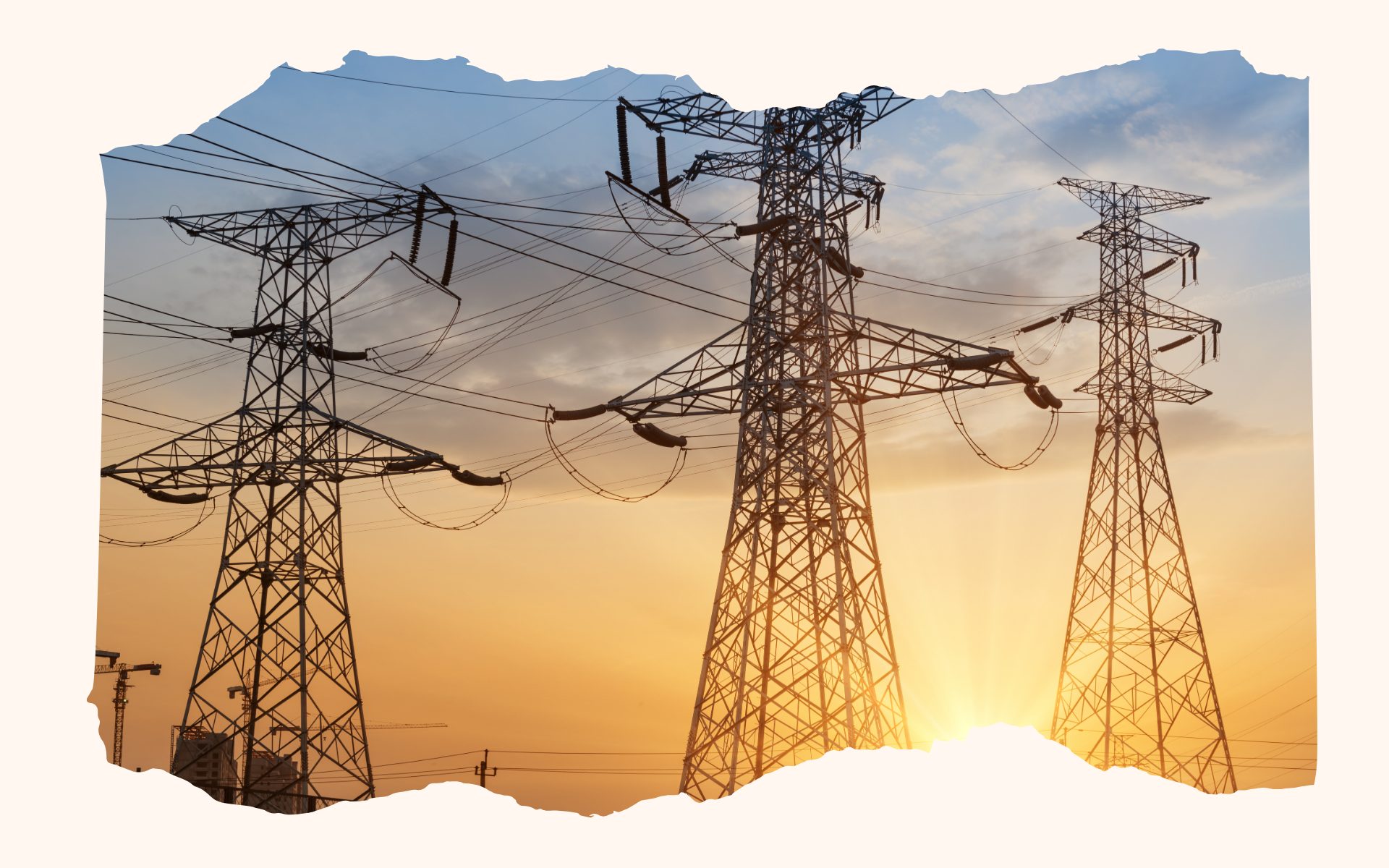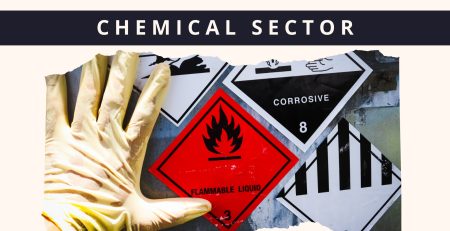Why Pakistan is phasing out furnace oil in power generation, and what’s replacing it?
Pakistan is slowly shifting away from using expensive and polluting fuels to generate electricity. One big change? The reduced use of furnace oil (FO), a thick, dirty fuel that was once a major source of power in the country.
Let’s break down what’s happening in simple terms.
📢 Announcement: You can now access our services and similar analyses by opening an account with us via JS Global

What’s changing in Pakistan’s power generation?
Until a few years ago, many of Pakistan’s power plants ran on furnace oil. But now, that’s no longer the case.
Since FY2017-18, Pakistan has slashed the use of furnace oil for electricity. Why?
- It’s too expensive
- It pollutes the environment
- There are cheaper alternatives now, like coal, gas, and nuclear energy
What’s replacing furnace oil?
Pakistan has built imported coal power plants under the CPEC program. At the same time, new RLNG (gas) plants and nuclear power stations have come online.
📢 Announcement: We're on WhatsApp – Join Us There!
These newer options are:
✅ Cheaper
✅ More efficient
✅ Cleaner (in the case of nuclear and gas)
What is the merit order?
To decide which power plants should run first, Pakistan uses a “merit order” system. This list ranks power plants based on how cheap they are to run.
Here’s a snapshot of recent numbers:
- Gas plants like UCH are the cheapest: ~PKR 3.07 per unit
- Coal plants (like Thar Block-I) come next: ~PKR 5.62–6.55 per unit
- Furnace oil (HSD) plants are at the bottom: ~PKR 59+ per unit!
💡 So, the cheapest plants get used first. FO plants are only turned on during high demand months (like summer) or to use up leftover fuel from local refineries.
Why do we still use furnace oil at all?
Even though FO use is falling, it’s still part of the energy mix because:
- Some older plants can only run on FO
- Local refineries produce FO as a byproduct
- The government hasn’t signed key agreements to fully phase it out yet
Refineries are worried: If FO demand disappears completely, it could hurt the production of other fuels like petrol and diesel.
What’s the government doing?
Pakistan’s refinery policy aims to:
- Reduce FO production
- Encourage cleaner fuel standards
- Modernize refineries
But delays in signing agreements have slowed progress
Furnace oil is on its way out, but not gone yet.
Pakistan’s power grid is moving toward cleaner, cheaper energy, like coal (from local mines), gas, and nuclear power. FO will continue to play a small role until new policies kick in and infrastructure fully shifts away from old tech.
For now, the high-cost FO plants are kept as backup, like an old generator you only use when nothing else works.
⚠️ This post reflects the author’s personal opinion and is for informational purposes only. It does not constitute financial advice. Investing involves risk and should be done independently. Read full disclaimer →











Leave a Reply